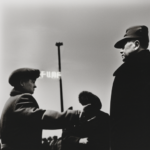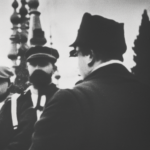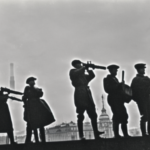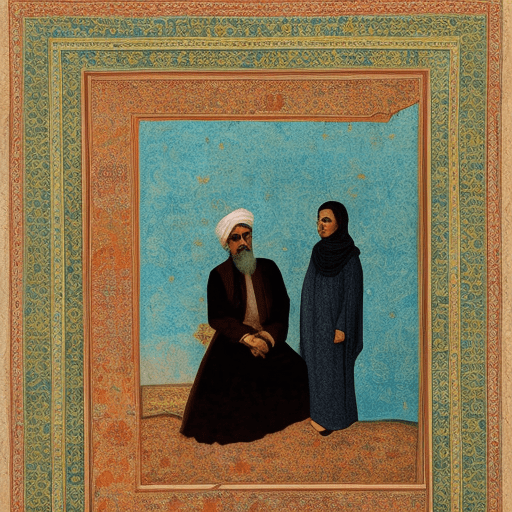Persian Lessons by Vadim Perelman: A Tale of Survival and Deception
Main Cast and Crew:
- Director: Vadim Perelman
- Writer: Ilja Zofin
- Key Actors: Nahuel Pérez Biscayart as Gilles, Lars Eidinger as Klaus Koch, Jonas Nay as Klaus Koch’s translator, Leonie Benesch as Anna, Alexander Beyer as Hauptsturmführer Klaus Koch, David Schütter as SS-Oberscharführer Reinhard
- Music Director: Evgueni Galperine and Sacha Galperine
- Director of Photography: Vladislav Opelyants
- Producers: Vadim Perelman, Ilya Stewart, David Claikens, and Artem Vasilyev
Plot:
In “Persian Lessons,” Gilles, a Belgian Jew, finds himself in a concentration camp during World War II. To survive, he claims to be Persian, a language he doesn’t speak. When the camp’s commandant, Klaus Koch, discovers Gilles’ secret, he forces him to teach him Farsi, hoping to impress Adolf Hitler with his linguistic skills. Gilles must now navigate a treacherous web of lies and deception, as he tries to maintain his disguise while teaching Koch a language he barely knows. As their relationship evolves, Gilles becomes increasingly entangled in a dangerous game of survival, where every misstep could cost him his life.
Throughout the film, the audience is taken on a gripping journey as Gilles and Koch’s interactions become more complex. Gilles, played brilliantly by Nahuel Pérez Biscayart, portrays the desperation and fear of a man trapped in a life-or-death situation. Lars Eidinger delivers a chilling performance as the manipulative and sadistic Klaus Koch, capturing the character’s sinister nature and unpredictable behavior.
Themes and Motifs:
“Persian Lessons” explores themes of identity, survival, and the lengths people will go to protect themselves. Gilles’ transformation from a vulnerable prisoner to a skilled deceiver highlights the power of adaptation in extreme circumstances. The film also delves into the moral ambiguity of survival, as Gilles is forced to collaborate with his captor to ensure his own safety. Additionally, the language barrier serves as a metaphor for the communication gaps between individuals and the manipulation of language for personal gain.
Reception and Legacy:
Upon its release, “Persian Lessons” received critical acclaim for its gripping storytelling and powerful performances. The film was praised for its ability to capture the horrors of the Holocaust while exploring the complexities of human nature. It won the Audience Award at the 2020 Berlin International Film Festival and was nominated for several other awards, including the Golden Bear.
“Persian Lessons” serves as a reminder of the atrocities committed during World War II and the resilience of the human spirit. Its exploration of identity and survival resonates with audiences, leaving a lasting impact on viewers. The film’s success has solidified Vadim Perelman’s reputation as a talented director, and it stands as a testament to the enduring power of storytelling in cinema.
Recommendation:
“Persian Lessons” is a gripping and thought-provoking film that will leave audiences on the edge of their seats. Its compelling narrative, strong performances, and exploration of complex themes make it a must-watch for fans of historical dramas and war films. The film’s ability to capture the human experience in the face of unimaginable adversity is both harrowing and inspiring.
Memorable Quote:
“A lie is a truth that hasn’t been discovered yet.”












